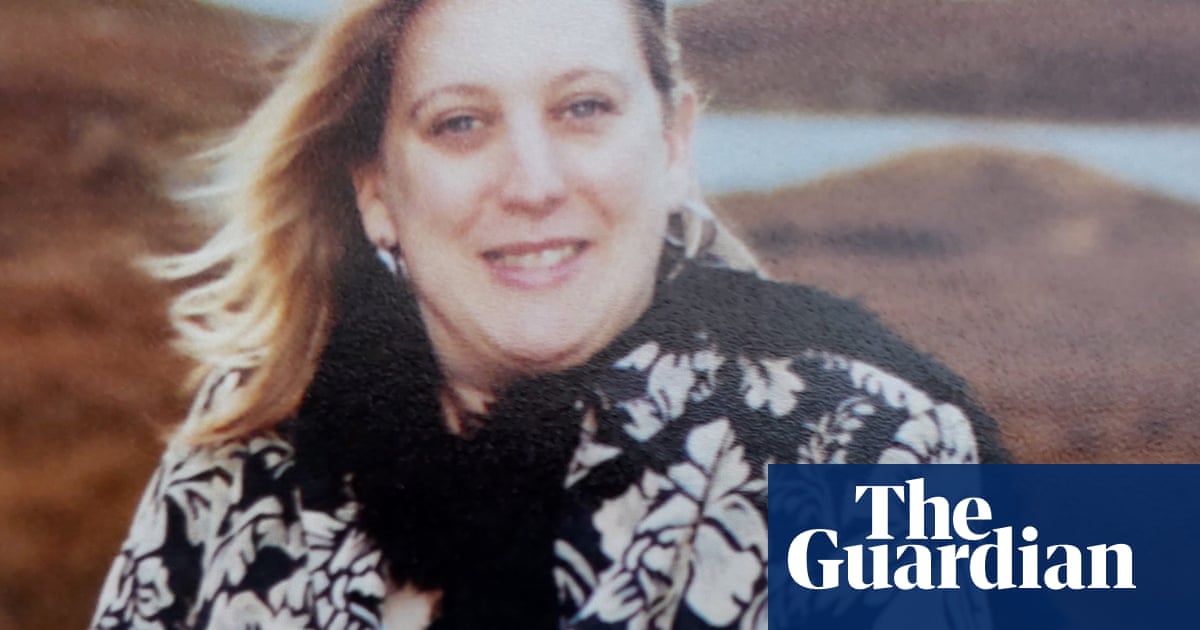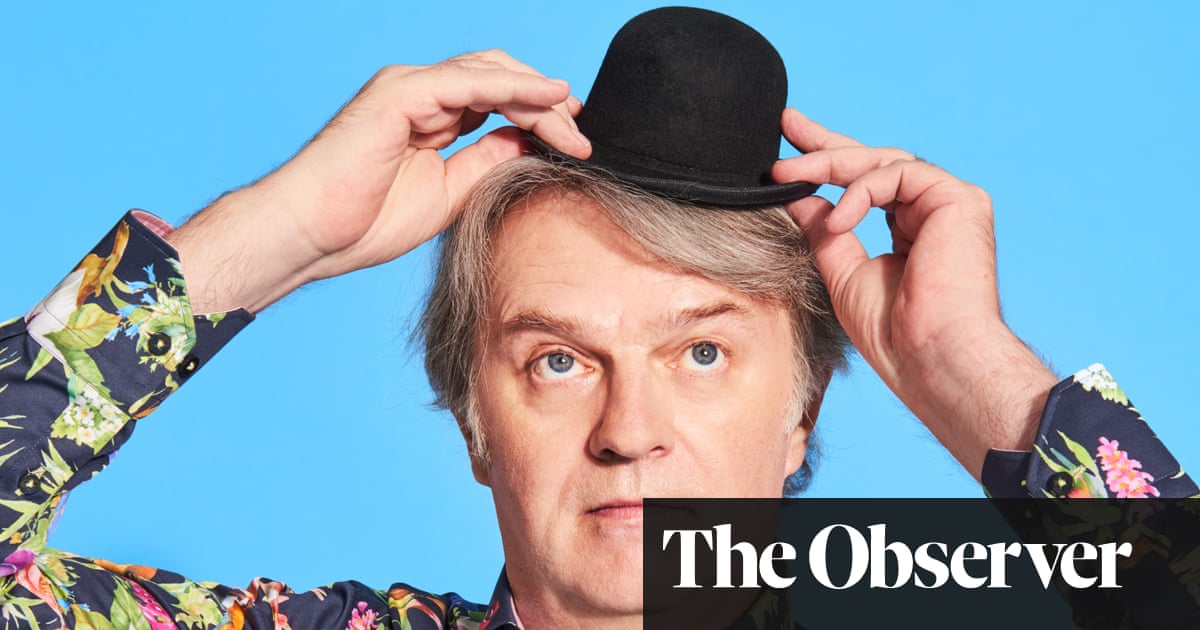
Raúl Jiménez has revealed that doctors told him it was a miracle he survived the skull fracture he sustained against Arsenal last November. The Mexican striker’s disclosure underlines how extraordinary it was that he returned to action on the opening weekend of the new Premier League season, completing 90 minutes in Wolves’ defeat at Leicester City on Saturday.
“I feel like a player again,” said Jiménez on Tuesday as he reflected on his recovery from the injury that he sustained in an accidental clash with David Luiz and which threatened not just his career but his life. “They told me it was like miracle to be there,” said the 30-year-old of his early conversations with doctors following the emergency surgery he underwent in a London hospital after being carried off the Emirates Stadium pitch on a stretcher and with an oxygen feed.
“[There was] the skull fracture, the bone broke and there was a little bit of bleeding inside the brain. It was pushing my brain to the inside and that is why the surgery had to be quick. It was a really good job by the doctors.”
After securing his life, medics warned Jiménez that he might never be able to resume his career. “Since the first moment [the doctors] told me the risks,” said the player. “Because they are doctors they have to tell you the truth and you have to take it. The skull fracture did take a little longer than we all expected to heal but it is a miracle to be here.”
Jiménez has no memory of the collision that occurred 15 minutes into the match at Arsenal. “I remember we arrived at the stadium, I left my things in the dressing room, went out with my teammates to see the pitch and then we returned to the dressing room – and then it’s like lights out,” he said. “I remember nothing else. I can remember when I first woke up in the hospital and I can remember some other things from the hospital but nothing really clear.”
Jiménez spent 10 days in hospital before returning home. While he was convalescing, he watched footage of the collision, saying he needed to understand how it came about. “I asked the physio to send me videos from different sides of the pitch,” he reflected. “I liked to see what happened. Because for me it was like it never happened because I don’t remember it.”
Whereas he has sometimes winced at seeing images of other players suffering leg injuries, Jiménez said he felt strangely unmoved while watching himself get his skull broken. “It was like normal. I have never been, like, getting scared. Sometimes you see videos of a broken ankle or a tibia and you feel it. It wasn’t even you but you feel it in your body. It’s not the same, maybe, with mine because it was shocking: the impact and then I hit the floor.
“But it didn’t scare me. I wanted more videos from different sides, to see different aspects, who was marking, if I didn’t make two steps in front to the corner. I go to attack the ball from the corner and at the last minute take two steps in front and I had to jump backwards.”
Jiménez suggested that not recalling the impact may have helped him to fend off doubts about being able to play again. “I never thought it was going to be bad, maybe because I can’t remember the moment,” he said. “I can’t remember how it felt or if there was a crash or something like that. I always felt it was like maybe an ankle injury or a knee injury and that after my recovery, I’ll be back to do what I love to do. I never thought about finishing my career or stopping playing. There was a chance of that but I was always confident I was going to return.”
It has been a long road back. Jiménez’s rehabilitation was a solo endeavour at first, then in March he took part in his first training sessions with his teammates, joking: “I was like the best player in the world, running past everybody because no one was allowed to tackle me.” He progressed so fast that he believed he was fit enough to play towards the end of last season. “The most difficult part [of the recovery] was the last month of last season. I felt I was ready but the decision of the surgeons was that my skull hadn’t fully recovered. That’s something you can’t feel. You think you are ready but are not.”
That frustration had to be tamed. “It’s a mental thing and I worked on that really well,” he said. “It was a shock in the moment but then 10 minutes later I said, ‘OK, I need to keep doing what I’m doing to be ready for next season’.”
In every training session since his return, and against Leicester, Jiménez has worn a headguard, essentially a headband with reinforced padding at the site of the injury. “If it was up to me, I wouldn’t use it, but the doctors told me that it’s protection to prevent something that in this moment could be more dangerous for me than for any other player,” he said. “I feel good enough to do it without the headguard but I know I have to be in the same line as the doctors and surgeons.”
Jiménez admitted to feeling apprehensive about performing his first header after his injury but said that once he rose to that challenge, his mind was fully at rest.
“The first time was when I was on my own with a physio, in the first days of pre-season and I was a little bit nervous,” he said. “I went to the ball with caution – not scared but knowing ‘OK, I am going to head the ball on this side for the first time so be careful’. But when I headed the ball I realised nothing had happened so the next one came and I did like I used to before.”
As a precaution, Wolves still limit the number of headers he does in training. “Just for a couple more months,” Jiménez said. “If I have to go there and jump to head the ball and return the ball to a teammate, I can do that obviously. But I cannot be like ‘OK, pass me the ball and I’ll do a header’. It has to be limited for my own good.
“Before I always had the ball and wanted to do something like crosses and head the ball or something. Now I have to be ‘OK, we can do that but also some different exercises, not just crossing and heading.’”
There was no reluctance to challenge for headers during his return at Leicester, an event he cherished. “It was really good to be back again,” Jiménez said, expressing his gratitude for the reception from fans and even the opposition. “I remember at a corner [Jamie] Vardy came to me to congratulate me, and [Caglar] Soyuncu and [James] Maddison and most of the other Leicester players came to me in different parts of the game too. I felt really good about that. They said they were really happy to see me back on the pitch, that it was an honour to be there playing with me in my first match back.”












